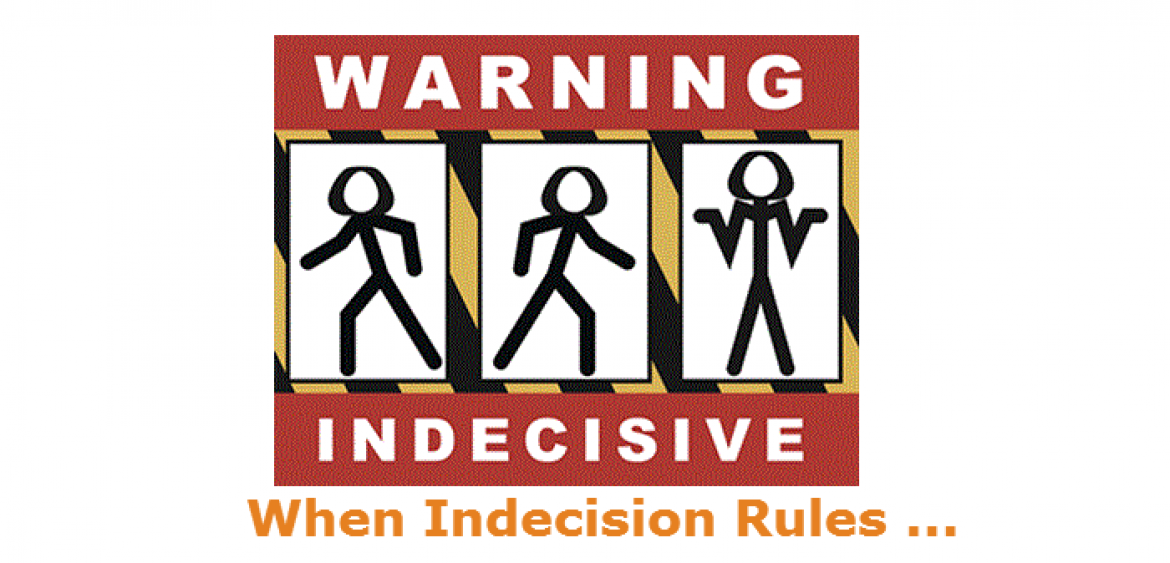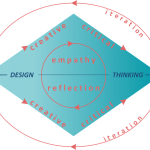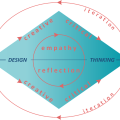Thirty years ago I worked as middle manager with Moog in Germany. There I had a boss who set the target for his managers that they “should get at least half of their decisions right”. It went without saying that his managers should seek to make decisions and not avoid them.
It is a key job for a manager to make decisions happen. They can make decisions happen better and faster by devolving responsibility and authority to those who are best positioned to make them.
When operational decision-making is centralised the organisation suffers.
- Poor decisions are made, because decision makers are too distant from information holders, i.e. those who know most.
- Decisions get delayed because they must take their place in the central queue
- Bad decisions don’t get challenged, because there is no other authority.
- Nominal authority holders (VPs, Directors, etc.) are emasculated and lose respect.
- Political positioning, lobbying and rumour-mongering grows as stakeholders seek to influence an opaque process.
In some organisations, centralised decision making becomes heavily protocol driven and autocratic, even regal. Here, the rationale for decisions is not accessible to ‘ordinary’ staff. The protocol for getting a decision considered dominates over the substance of the issue. Putative decisions by middle managers and other staff get overturned and can’t be relied upon by those who are affected. The decision-making queue for ‘ordinary’ decisions gets infinitely long as the central system is dominated by trophy projects.
The inevitable effect is organisational stasis and growing ineffectiveness in addition to staff demoralisation and disengagement.
To avoid this, organisations should make clear the goals and values that they cherish above all else. They should make sure that staff at all levels are clear on their responsibilities and authority. Staff must be empowered to act, and their actions supported. Bad decisions should be openly challenged, discussed and corrected. Staff must be encouraged to learn from bad decisions, not to fear them. In some crises, it may be a valid option to do nothing different, but that also requires conscious decision.
Inability or unwillingness to decide is one of the great faults of leadership.
posted in | Innovative Organisations, Research







Sorry, the comment form is closed at this time.